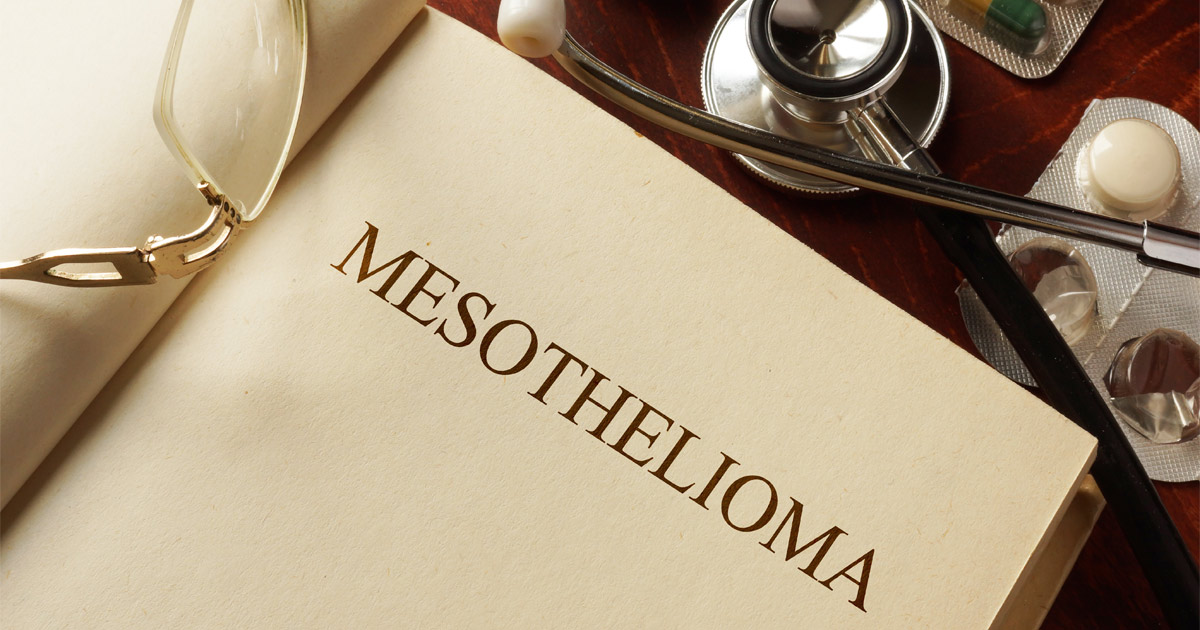
Asbestos exposure can cause deadly diseases such as mesothelioma, a rare and aggressive cancer infecting the lining of the lungs and chest cavity. For much of the 20th century, workplace asbestos exposure was a constant for many, including members of the military who may not have realized they were in danger. Years later, military veterans now account for more than 30 percent of mesothelioma diagnoses in the country.
Asbestos has several properties that made it very popular before the risks were widely known. In addition to being durable, versatile, and inexpensive, asbestos is resistant to heat and flame, making it particularly useful for several military purposes. Ships, barracks, military vehicles, aircraft, and anywhere else that might sustain fire damage were constructed using asbestos products. While the substance may have helped mitigate one risk, service members surrounded by asbestos faced the risk of developing mesothelioma. Asbestos-related diseases have a long latency period, meaning that some military personnel who retired years ago are just now diagnosed with mesothelioma.
Members of all five military branches have historically been at risk of asbestos exposure and may receive benefits. Mesothelioma has a 100 percent disability rating from the Veterans Affairs (VA) Office. The VA provides compensation to former military personnel who have been diagnosed with mesothelioma or other asbestos-related diseases, along with other benefits, including health care at VA facilities, caregiver coverage, and housebound assistance. To be eligible, service members must have received an honorable discharge and be able to link their asbestos exposure to their military service.
Families of veterans who have died after suffering from mesothelioma are also entitled to compensation from the agency. Two types of VA benefits are available to families: Dependency and Indemnity Compensation and Survivors Pension. To receive these benefits, the service member must have met the exact eligibility requirements; if a veteran was dishonorably discharged, their family cannot receive them.
Service members can also pursue legal action against other parties that may have contributed to their asbestos exposure. Military branches often rely on outside contractors to construct bases, vehicles, and vessels and provide equipment and supplies. Some military personnel even work for these companies in the private sector after leaving the service.
If companies that manufactured or sold items for the military were aware that asbestos posed a risk of disease and continued to use it in products they were supplying to the military, they might be held accountable. Some of these companies may have asbestos trust funds, which are funds set aside in case of bankruptcy to ensure people can still recover compensation.
If you have been diagnosed with mesothelioma after serving in the military, one of our Philadelphia mesothelioma lawyers at Brookman, Rosenberg, Brown & Sandler is here to help. Call us at 215-569-4000 or contact us online to schedule a free consultation. Located in Philadelphia, we serve clients throughout New Jersey and Pennsylvania, including Delaware County, Chester County, and Philadelphia County.